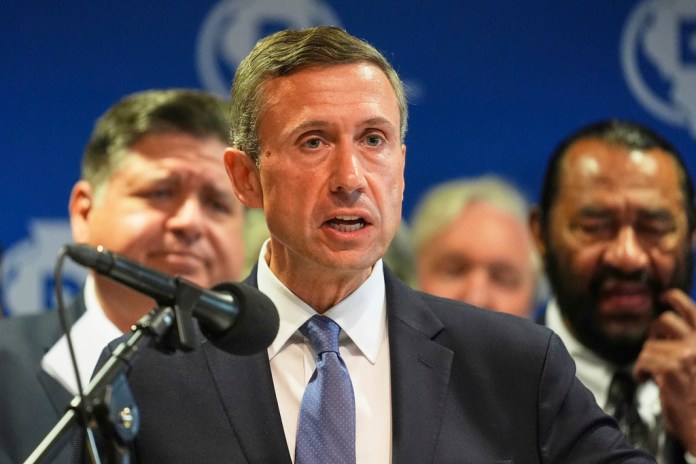San Francisco slashes time for homeless family shelter stays – Washington Examiner
San Francisco is set to implement new policies in December that will reduce the duration homeless families can stay in city shelters and tighten eligibility criteria. The Department of Homelessness and Supportive Housing (HSH) argues that these changes, effective December 10, aim to enhance the system to prioritize families in critical need, like those experiencing street homelessness or living in vehicles. Critics, including homeless advocates, have condemned the changes, expressing concerns that they will exacerbate existing hardships by pushing families back onto the streets instead of facilitating their transition to permanent housing. The city has seen a 94% increase in the number of homeless families, reaching 437, with many already in shelters and over 500 on a waitlist. Currently, families can receive placements for 14 days or a 90-day temporary stay, but under the new rules, the maximum stay will be capped at 90 days total, with additional restrictions on shelter eligibility for families in substandard housing situations.
San Francisco slashes time for homeless family shelter stays
San Francisco will set new limits in December that will cut the time homeless families can stay in city shelters as well as restrict who is eligible, a move critics claim is a “black eye to the city” and its homelessness strategy.
The San Francisco Department of Homelessness and Supportive Housing said the policy changes will take effect on Dec. 10 and are an effort to improve a system that does not prioritize families with the most critical needs.
WHAT HAPPENS NOW THAT TRUMP IS PRESIDENT-ELECT
The policy changes “are about improving the effectiveness of the system and ensuring that we have the beds available for families in the most pressing crisis, like street homelessness or living in a vehicle,” HSH spokesperson Emily Cohen told the San Francisco Chronicle, which first reported the story.
Homeless advocates say the limits will only make matters worse.
“Enforcing punitive limitations on how long a family can stay in a shelter will not help families get housing, it will only push them back onto the street,” Coalition on Homelessness Executive Director Jennifer Friedenbach said.
MEET THE NEW CONGRESS: THE HOUSE AND SENATE FRESHMEN ELECTED TO SERVE NEXT YEAR
Hope Kamer, director of Public Policy and External Affairs at Compass Family Services, a nonprofit group that works with homeless families, called the changes to shelter policy “heartbreaking.”
The number of homeless families in San Francisco has exploded in recent years. There were 437 homeless families according to the most recent point-in-time count taken in January. That’s a 94% increase from 2022. Of the 437 families, 308 were living in shelters. As of November, there were more than 500 families on the shelter waitlist, according to HSH.
Currently, families experiencing homelessness can get a 14-day placement through a voucher program that was created to provide immediate assistance, as well as a 90-day temporary shelter placement. HHS typically offers multiple extensions for families in need, which significantly lengthens their time in shelters by months or even a year. The new rules mandate that families will only be allowed to stay in city shelters for 90 days in total.
BIDEN TO USE LAME-DUCK SESSION TO ‘TRUMP-PROOF’ LEGACY
HSH is also changing the rules when it comes to shelter eligibility. People living in single-room occupancy hotels or in crowded apartments won’t be eligible for family shelter unless they are either evicted or their dwellings are deemed uninhabitable. If a family declines an offer for housing, they would no longer be eligible for city-funded shelter.
The city maintains that changes to its family homelessness response system is needed to maximize efficiency and argues that it puts the focus back on the families that need the most help.
News of the shelter policy changes follows a decision the city made earlier this month to scale back its help for homeless families in general.
In the past, HSH had been able to pay for things like move-in costs, lease and furniture agreements, as well as security deposits and in some cases, even car repairs and smog tests. As of Nov. 6, the HSH stopped helping families with the costs due to a shortfall in the fund.
“In order to preserve the resources we do have, we are focusing problem-solving dollars on the interventions most likely to end homelessness and that are most impactful,” Cohen told the San Francisco Chronicle. “That’s how we narrowed the eligible uses for problem-solving, to meet the state of the current budget.”
" Conservative News Daily does not always share or support the views and opinions expressed here; they are just those of the writer."




